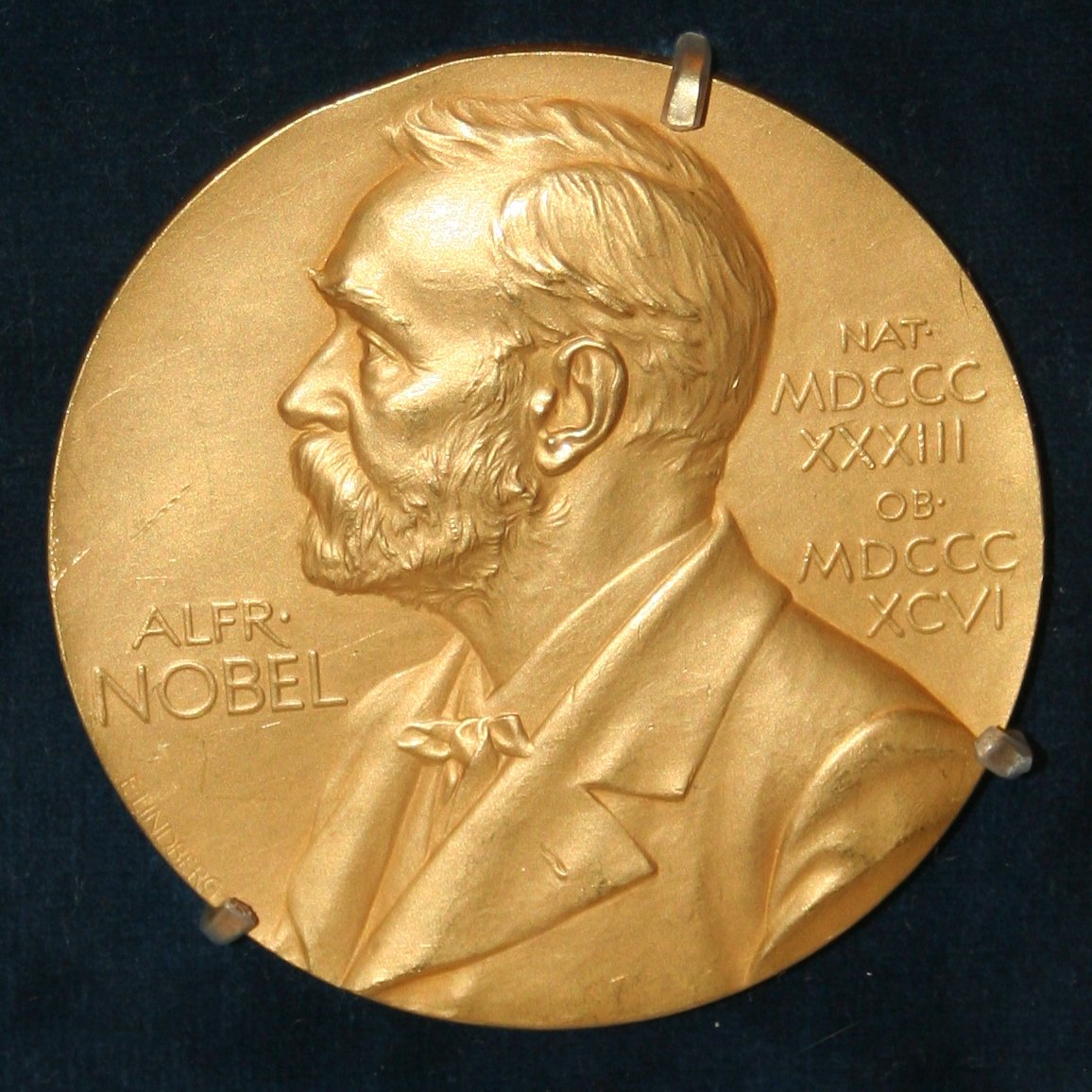Three Americans take away Nobel Prize in Medicine
October 03, 2017 | Tuesday | News
Mr. Rosbash is on the faculty at Brandeis University, Mr. Young is at Rockefeller University and Mr. Hall has been associated with the University of Maine.
Courtesy- Wikimedia
Three Americans have won the Nobel Prize in Physiology or Medicine for their discoveries about the body's daily rhythms, opening up whole new fields of research and raising awareness about the importance of getting proper sleep.
Jeffrey C. Hall, Michael Rosbash and Michael W. Young won the 9-million-kronor ($1.1 million) prize for isolating a gene that controls the body’s normal daily biological rhythm. Circadian rhythms adapt the workings of the body to different phases of the day, influencing sleep, behavior, hormone levels, body temperature and metabolism.
Mr. Rosbash is on the faculty at Brandeis University, Mr. Young is at Rockefeller University and Mr. Hall has been associated with the University of Maine.
The awardees’ work stems back to 1984, when Mr. Rosbash and Mr. Hall, who was then also at Brandeis, along with Mr. Young isolated the period gene in fruit flies. Mr. Hall and Mr. Rosbash found that a protein encoded by the gene accumulated during the night and degraded during daytime. A decade later, Mr. Young discovered another clock gene.
The paradigm-shifting discoveries by the laureates established key mechanisms for the biological clock.










